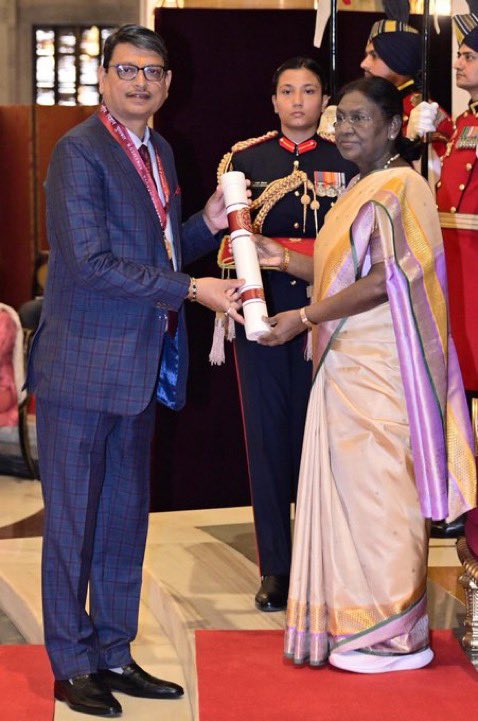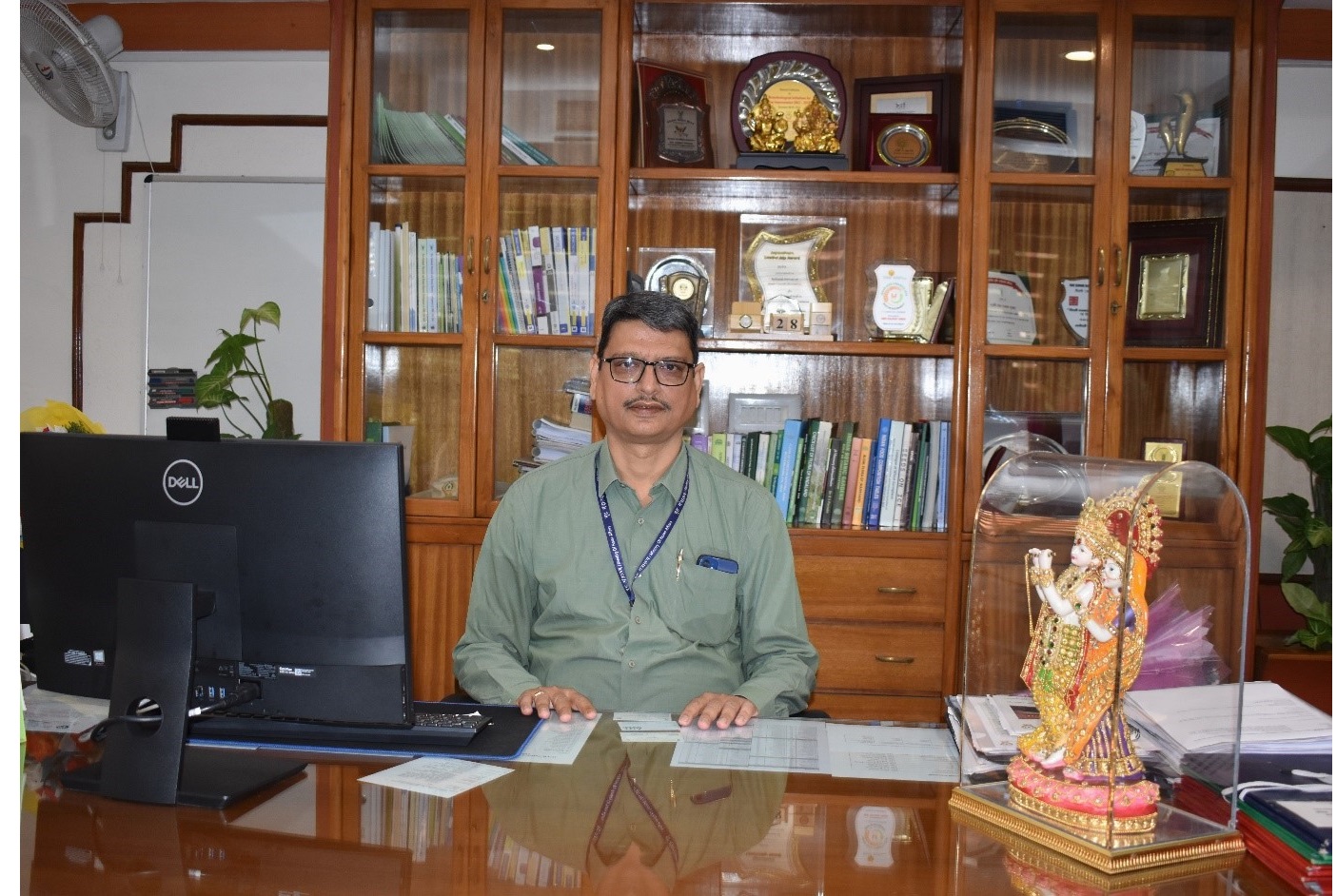Government of India Honours Dr. Gyanendra Pratap Singh with Vigyan Shri Award 2025New Delhi, October 26, 2025

The Government of India has announced the Rashtriya Vigyan Puraskar 2025, the nation’s highest recognition for exceptional and inspiring contributions in the fields of science, technology, and innovation. Among the eminent awardees, Dr. Gyanendra Pratap Singh, Director, ICAR–National Bureau of Plant Genetic Resources (NBPGR), New Delhi, has been honoured with the Vigyan Shri Award for his distinguished contributions in the field of Agricultural Science. Instituted by the Government of India, the Rashtriya Vigyan Puraskar aims to celebrate pathbreaking research and to inspire excellence across the scientific community. The awards are conferred under four categories, including Vigyan Ratna, Vigyan Shri, Vigyan Yuva–Shanti Swarup Bhatnagar, and Vigyan Team, spanning 13 domains of science and technology.
Dr. G.P. Singh’s recognition stands as a testament to his visionary leadership and pioneering work in crop improvement and genetic resource management, which have significantly contributed to Indian agriculture. His award underscores India’s commitment to promoting scientific excellence and technological advancement for national development. The award ceremony for the Rashtriya Vigyan Puraskar 2025 will be held in due course, as notified by the Government of India. The ICAR–NBPGR family proudly congratulates Dr. Gyanendra Pratap Singh on this prestigious national honour and extends best wishes for his continued contributions toward strengthening agricultural research and innovation in the country.



